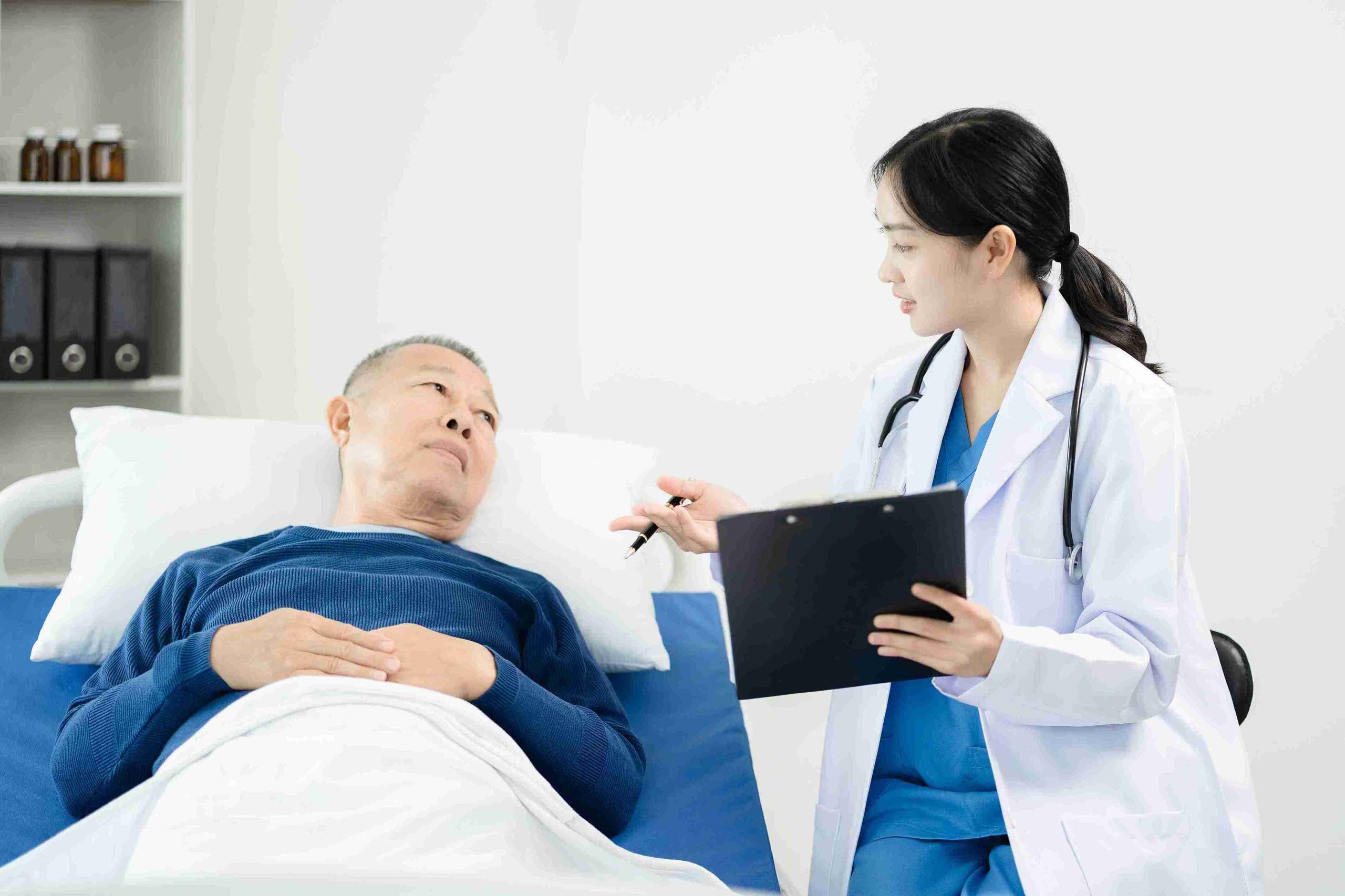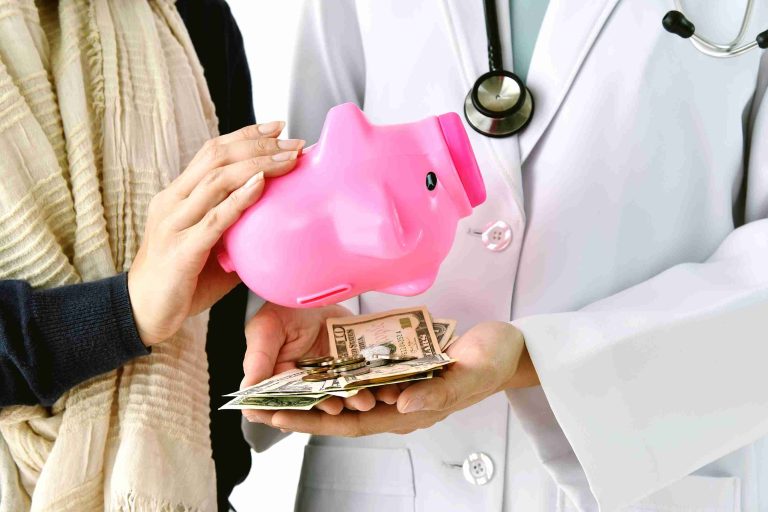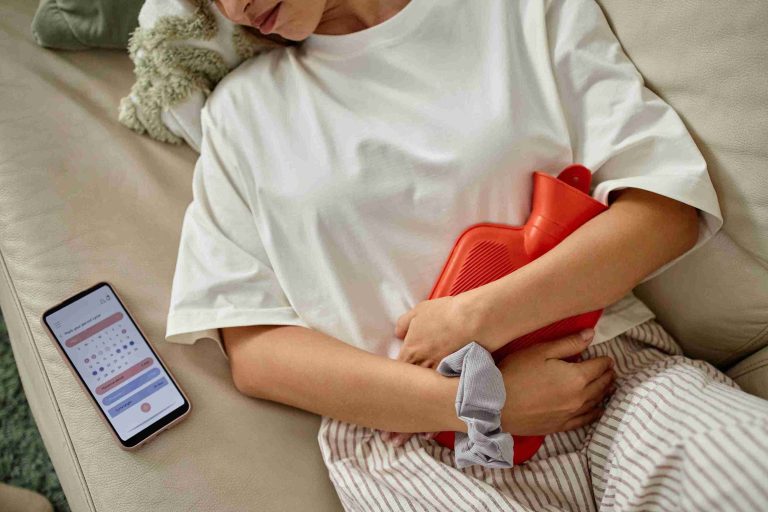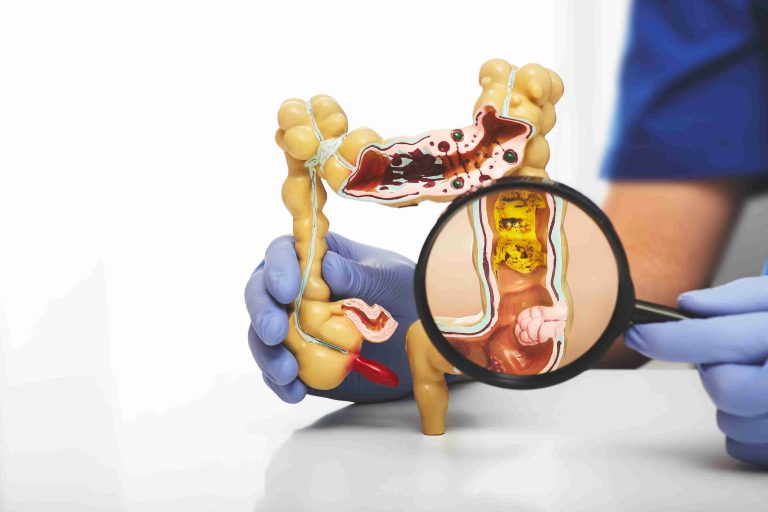Endoscopy is a procedure many patients hear about but may not fully understand until it becomes a necessary part of their health journey. Whether it’s for diagnosing persistent stomach issues or ruling out more serious conditions, understanding what to expect can ease anxiety and help you prepare. This article answers the most frequently asked questions about endoscopy, aiming to clarify how it works, when it’s needed, and what patients should keep in mind before and after the procedure.
What Is an Endoscopy?
Endoscopy refers to a procedure where doctors use a long, thin, flexible tube with a camera and light at the end to look inside your digestive tract. It allows them to visually examine the lining of your oesophagus, stomach, and the first part of the small intestine (duodenum). This upper gastrointestinal (GI) endoscopy is sometimes called an oesophagogastroduodenoscopy (OGD). There are also other types of endoscopies, such as colonoscopy (for the large intestine) and bronchoscopy (for the airways), but this article focuses on the upper GI procedure commonly used for stomach-related complaints.
Why Do Doctors Recommend Endoscopy?
Doctors recommend endoscopy when they need a closer look at the upper digestive system. Common reasons include persistent symptoms like:
- Chronic heartburn or acid reflux
- Unexplained stomach pain
- Nausea or vomiting
- Trouble swallowing
- Gastrointestinal bleeding
- Unexplained weight loss
Endoscopy helps identify issues such as ulcers, inflammation, tumours, infections, or structural problems like strictures. It’s also used to take tissue samples (biopsies) for further testing if something unusual is seen.
Is Endoscopy Painful?
Many patients are concerned about pain during the procedure, but endoscopy is generally not painful. Sedation is usually provided through an IV line to keep you relaxed and comfortable. You may feel drowsy or sleepy and will likely have little memory of the procedure itself. Some patients report a sensation of bloating or mild throat discomfort afterward, but this typically goes away within a few hours. The entire process is designed to minimise discomfort while gathering the most accurate results.
How Should I Prepare for the Procedure?
Proper preparation is important for a successful endoscopy. Typically, your doctor will ask you to:
- Avoid eating or drinking for 6 to 8 hours before the test.
- Inform the clinic of any medications you’re taking, especially blood thinners or diabetes medicine.
- Arrange for someone to accompany you, as you won’t be allowed to drive after sedation.
Always follow the specific instructions given by your healthcare provider, as they may vary slightly depending on your medical condition.
What Happens During the Procedure?
Once you’re in the endoscopy suite, you’ll lie on your side. The medical team will attach monitors to track your heart rate, blood pressure, and oxygen levels. Sedation will be administered to help you relax. In some cases, a local anaesthetic spray is used to numb your throat.
The endoscope is then gently inserted through the mouth and guided into the upper digestive tract. The camera transmits images to a screen so the doctor can carefully examine the internal lining. If necessary, small tools can be passed through the scope to take biopsies or perform minor treatments, such as stopping a bleeding ulcer. The entire process usually takes 15 to 30 minutes.
Are There Risks Involved with Endoscopy?
The endoscopy procedure is considered a very safe procedure, especially when performed by experienced professionals. However, as with any medical test, there are some potential risks. These include:
- Reaction to sedation
- Bleeding from biopsy sites (usually minor)
- Perforation (a rare but serious risk where a hole is made in the digestive tract)
Your doctor will explain these risks and answer any questions before the endoscopy screening. In most cases, the benefits far outweigh the potential complications, especially when endoscopy is used to detect or prevent serious diseases.
What Should I Expect After the Procedure?
After the procedure, you’ll be taken to a recovery area while the sedative wears off. Most people feel groggy for a few hours. It’s normal to experience mild throat soreness, bloating, or gas after the test. Your doctor may give you some initial findings before you leave, but if biopsies were taken, results typically take a few days. You’ll receive detailed follow-up instructions, including when to resume medications, eat, or return to work. Make sure someone is available to accompany you home, as your reflexes and alertness may still be affected by the sedation.
How Long Does Recovery Take?
Recovery from an endoscopy is generally quick. Most patients resume normal activities by the next day. If your procedure involved a biopsy or any minor intervention, your doctor might advise you to avoid certain foods for a short time or rest more than usual. Watch for unusual symptoms like severe abdominal pain, fever, or persistent vomiting, and contact your clinic if they occur.
Do I Need an Endoscopy More Than Once?
The need for repeat endoscopies depends on your condition and your doctor’s findings. If your symptoms are ongoing or your doctor is monitoring a known condition (like Barrett’s oesophagus or gastric ulcers), you may need periodic follow-ups. In some cases, if your results are normal and symptoms resolve, further procedures may not be necessary. It’s important to attend follow-up appointments and keep your doctor informed of any new or recurring symptoms.
Is Endoscopy Covered by Insurance or Subsidies?
In many healthcare systems, including Singapore, endoscopy may be covered by insurance plans or subsidised if it’s medically indicated. However, costs can vary based on the type of clinic or hospital, the complexity of the procedure, and whether a biopsy or sedation is required. Patients often ask about the endoscopy cost in advance, especially if they are seeking treatment in a private clinic. It’s always a good idea to check with both your doctor and your insurance provider so you understand what’s included.
Can I Eat After the Test?
Most patients can eat and drink within a few hours after the test, once they are fully awake and the effects of the sedation wear off. Start with light, non-spicy foods and stay hydrated. If your throat feels sore, stick to soft or cold items for comfort. Your doctor may give you specific dietary instructions based on your results, so be sure to follow any guidelines given at discharge.
Conclusion
Understanding what to expect from an endoscopy helps reduce anxiety and supports better communication with your healthcare provider. By knowing why the test is done, how to prepare, and what happens afterward, patients can approach the process confidently and responsibly.
An endoscopy is one of the most effective tools in diagnosing and managing digestive issues. While it may seem intimidating at first, it’s a safe and commonly performed procedure that provides essential insights into your gastrointestinal health. If your doctor has recommended one, reading up on these FAQs is a great way to start feeling prepared.







